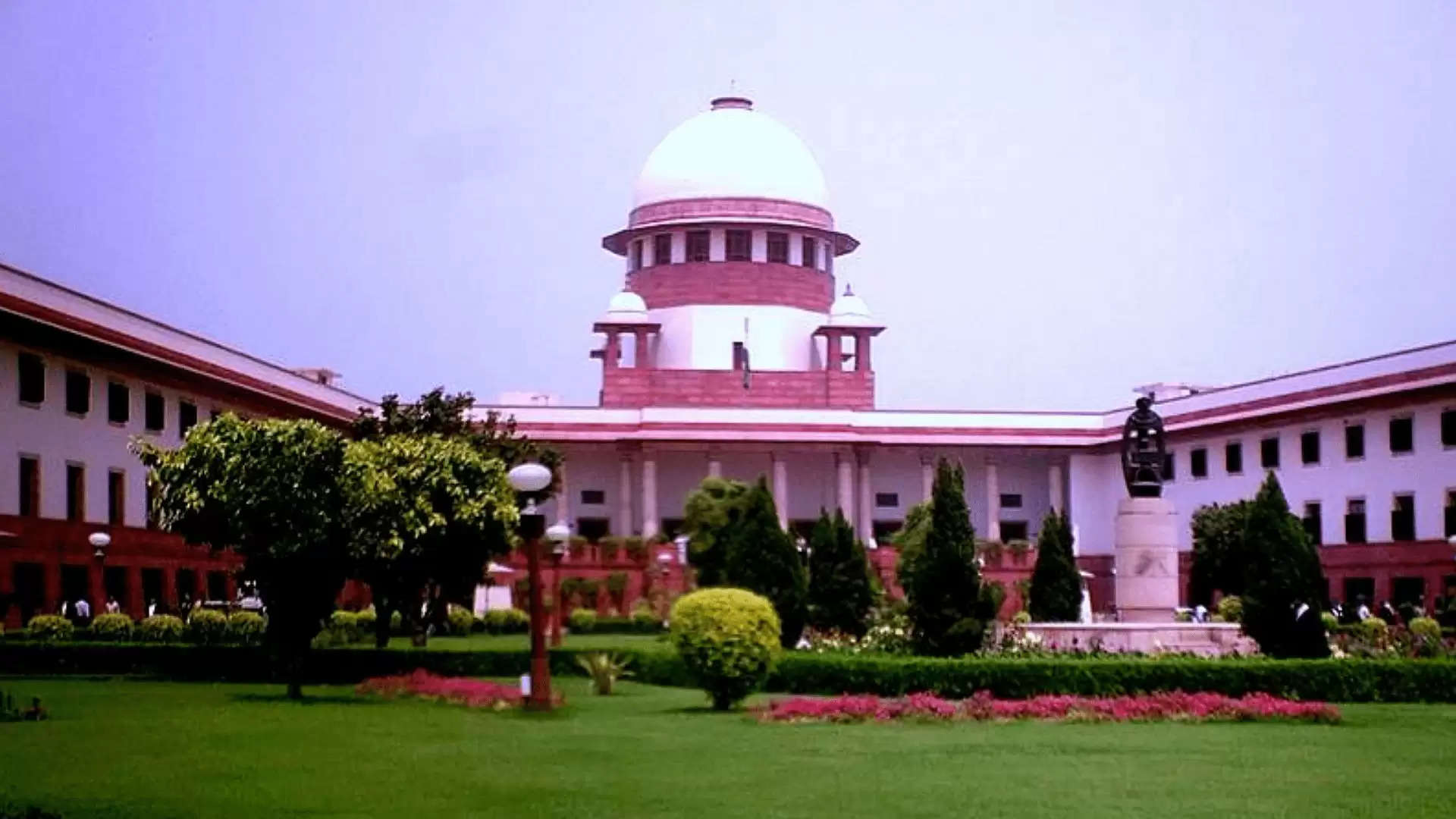SC slams Centre for doing nothing to curb TV progs having 'instigating effect'

NEW DELHI:
The Supreme Court on Thursday slammed the Centre for not doing anything to curb TV programmes which have instigating effect and said that control over such news is as important as some preventive measure to check law and order situation.
Referring to the internet shutdown in some areas of Delhi on January 26 when the tractor parade by farmers protesting against three new farm laws had turned violent, the apex court stressed upon the need for fair and truthful reporting and said that problem arises when it is used to agitate others.
The fact of the matter is that there are programmes which have instigating effect and you being the government is doing nothing about it, a bench headed by Chief Justice S A Bobde told Solicitor General Tushar Mehta, who was appearing for the Centre.
The bench, also comprising Justices A S Bopanna and V Ramasubramanian, made this observation while hearing a batch of pleas which have raised the issue of media reporting of Tablighi Jamaat congregation here last year during the onset of COVID-19 pandemic.
The congregation at Nizamuddin Markaz in the national capital in March last year, attended by thousands of Indian and foreign nationals, was cited as being responsible for accelerating the spread of coronavirus or COVID-19, with its attendees allegedly carrying the infection to different parts of the country.
There are programmes which instigate or impact a community. But as a government, you do nothing, the bench observed.
ALSO READ:
Also Read: Chaos in Delhi as farmers' tractor parade turns violent, protesters storm Red Fort
Also Read: EDITORIAL | Farm Bill: Who will draw the line in the sand?
Yesterday, you shut down the internet and mobile because of the farmers' visit to Delhi. I am using the non-controversial term. You have shut down internet mobile, the CJI said, adding, these are problems that can arise anywhere. I don't know what happened on TV yesterday.
Fair and truthful reporting is normally not a problem. Problem is when it is used to agitate others. It is as important as providing lathis' to policemen. It is an important preventive part of the law and order situation, the bench said.
The apex court said it is not interested in people saying anything on TV but it is concerned about those programmes which have instigation effect.
Control over some news is as important as some preventive measure and check law and order situation. I don't know why you are blind to this. I don't mean anything offensive but you are doing nothing about it, the CJI said.
People can say anything. We are on the broadcast which can instigate and cause riots. There is loss of life. People say anything these days. There are situations which can destroy property, life, the top court said.
Mehta told the bench that there are self-regulatory bodies like the broadcaster associations and News Broadcasters Standards Authority (NBSA) also has its own system.
Now, we are in the era of OTT. There was DTH, cable service etc too. We can lay down all the system before you, Mehta told the bench.
The bench asked the parties to file their affidavits in the matter within three weeks and said the matter will be heard thereafter.
In November last year, the apex court had expressed displeasure over the Centre's affidavit in the case and said that the government should consider setting up a regulatory mechanism to deal with such contents on TV.
Observing that the Ministry of Information and Broadcasting's affidavit did not deal with the applicability of Cable Television Network Act (CTNA) in the case, the top court had said that the government has the power to put a regulatory mechanism in place and it cannot be left to an agency like NBSA.
The top court, which was hearing the pleas filed by Jamiat Ulama-I-Hind and others alleging that a section of the media was spreading communal hatred over Tablighi Jamaat congregation during the onset of a pandemic, had asked the Centre to file a fresh affidavit dealing with a mechanism to regulate electronic media under the CTNA.
The plea filed by Jamiat Ulama-I-Hind has sought directions to the Centre to stop the dissemination of "fake news" related to the Nizamuddin congregation and take strict action against those responsible for it.
(PTI)
ALSO WATCH:

















